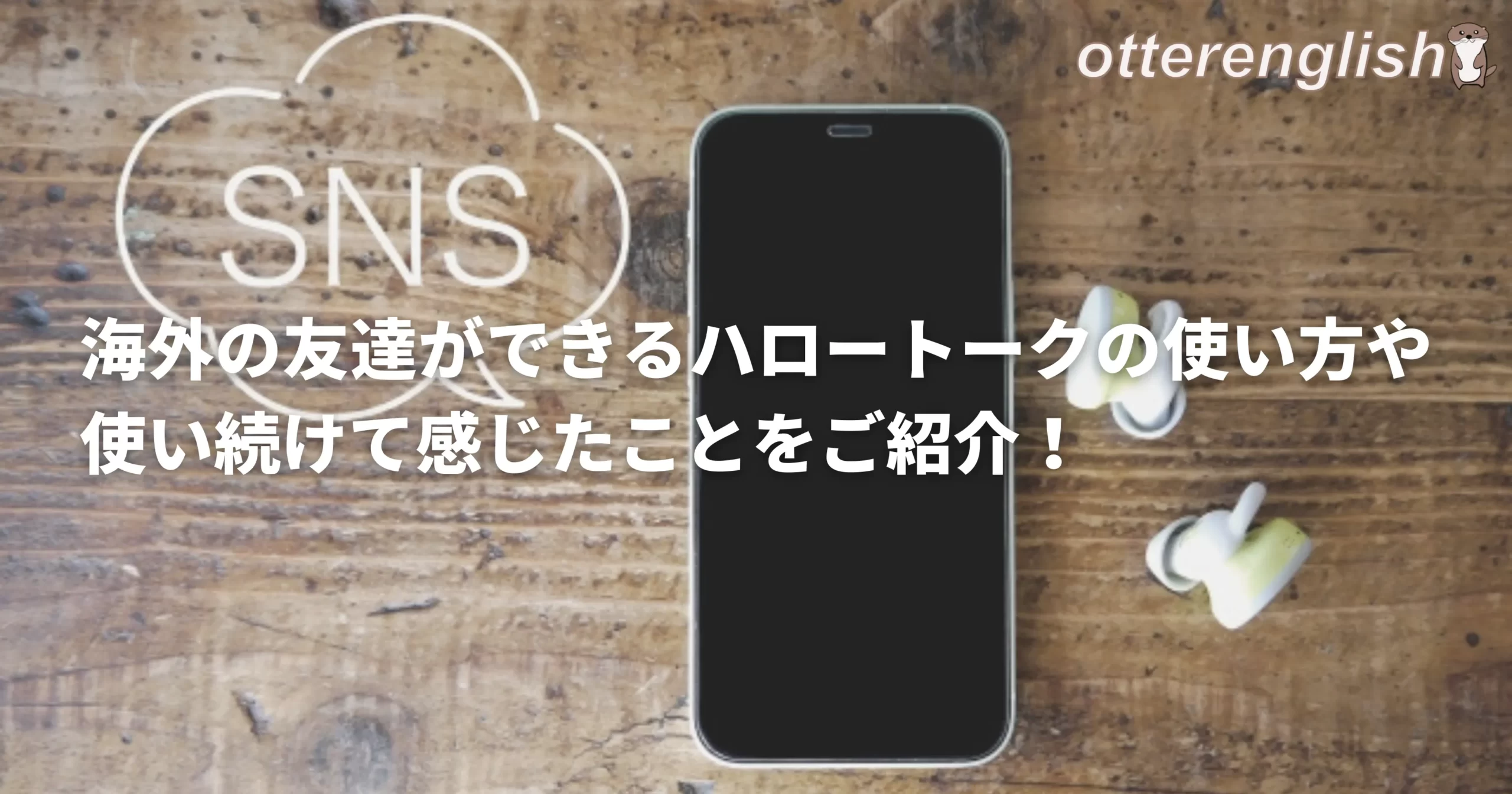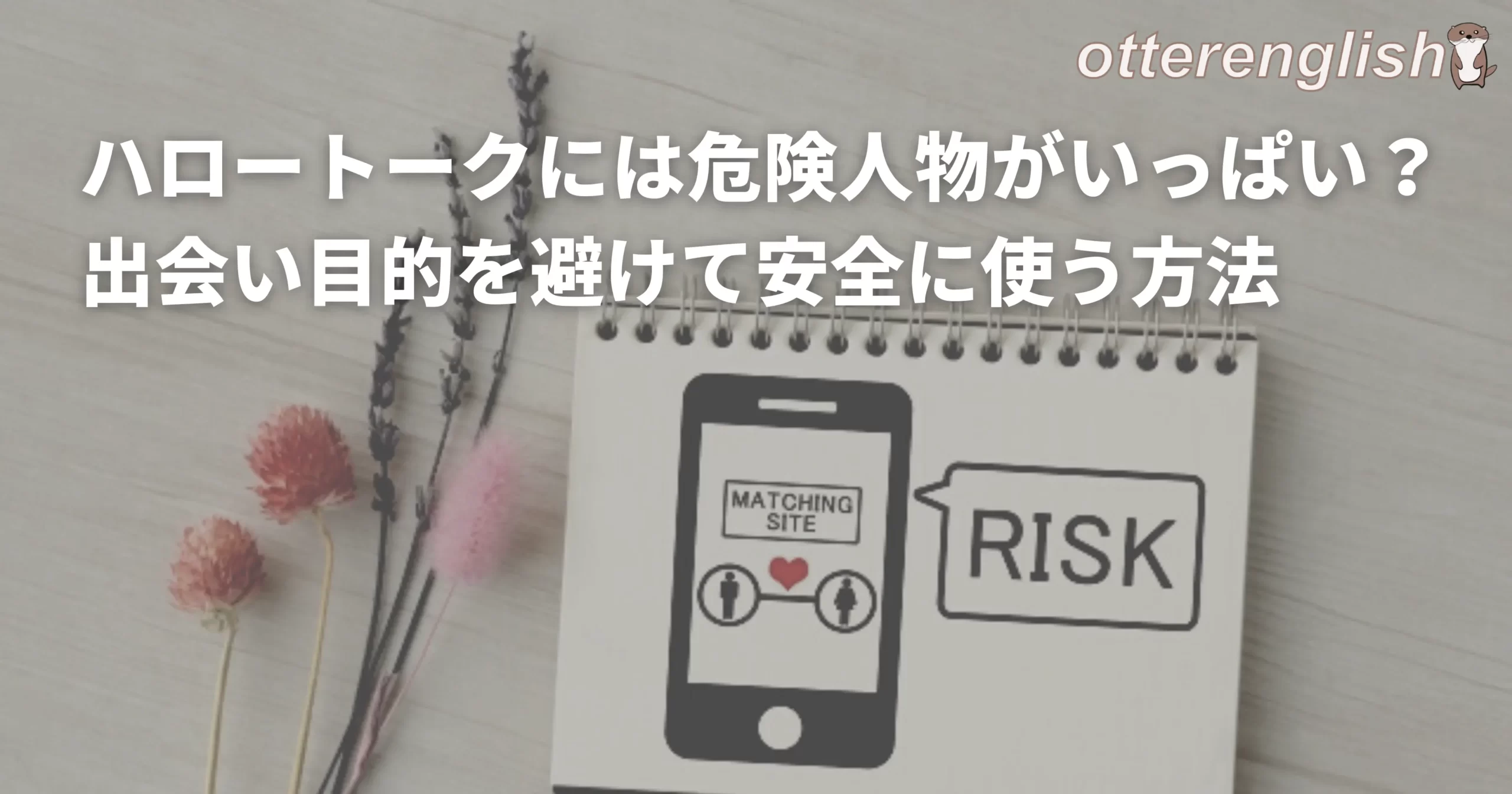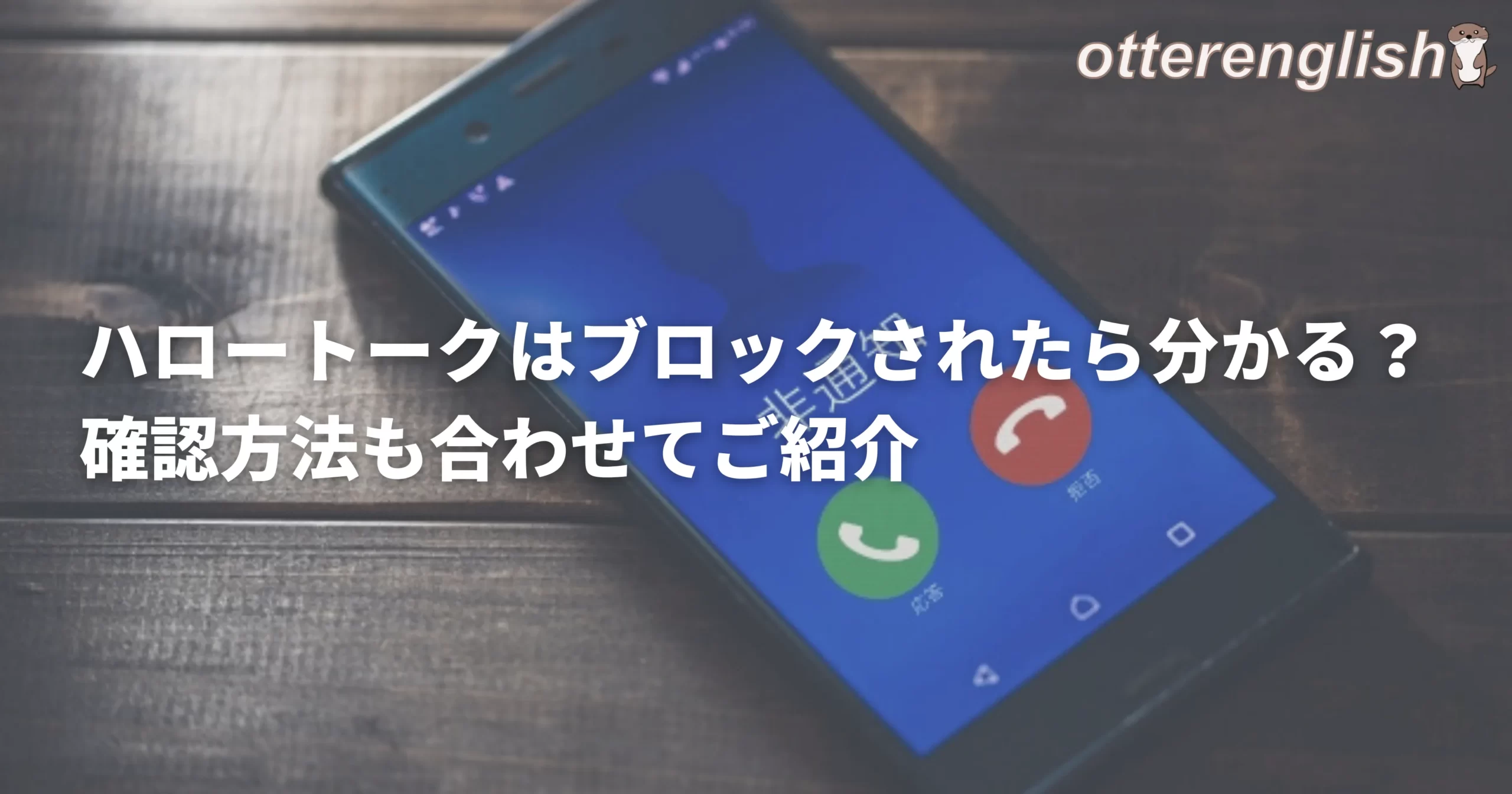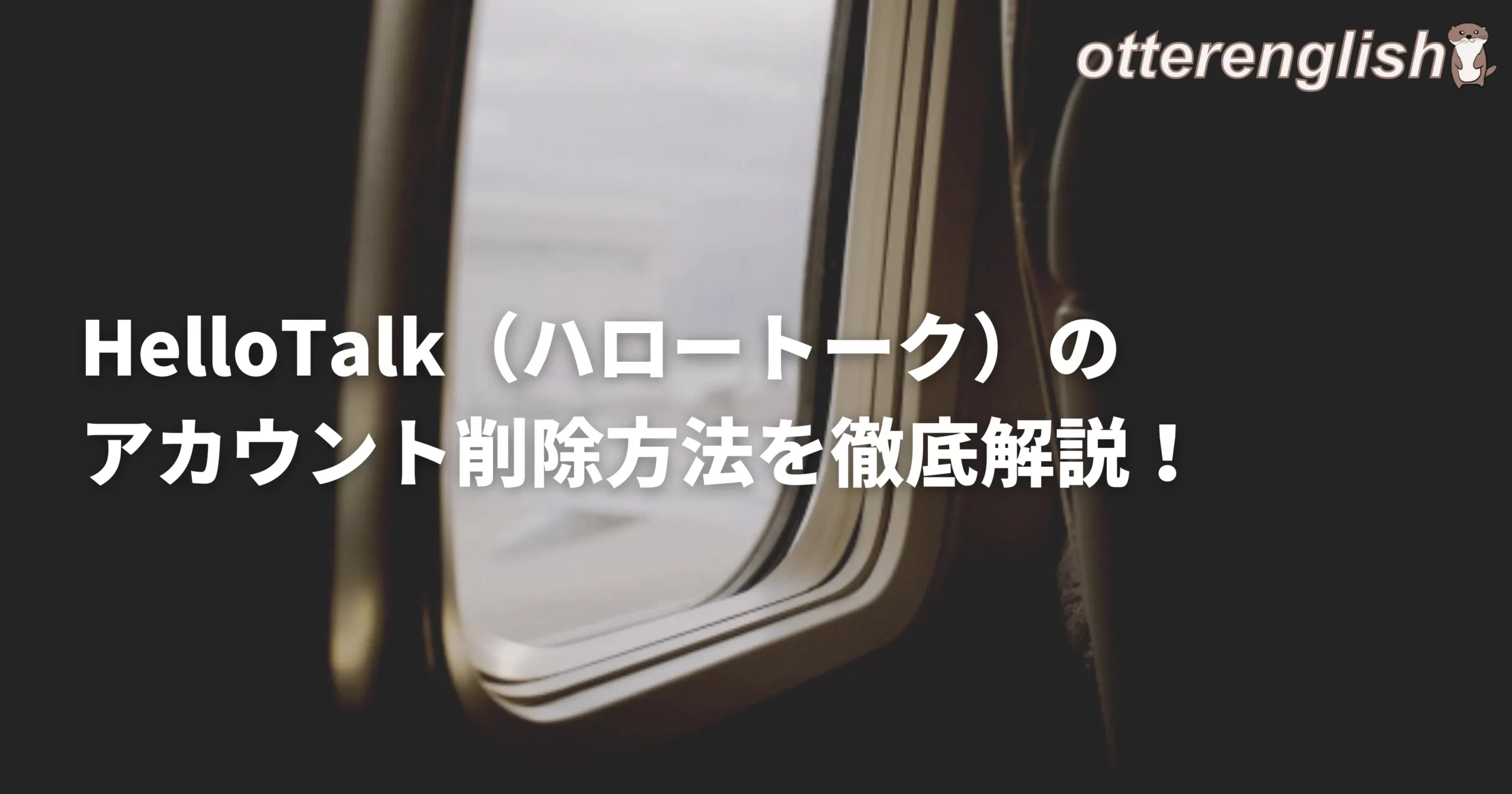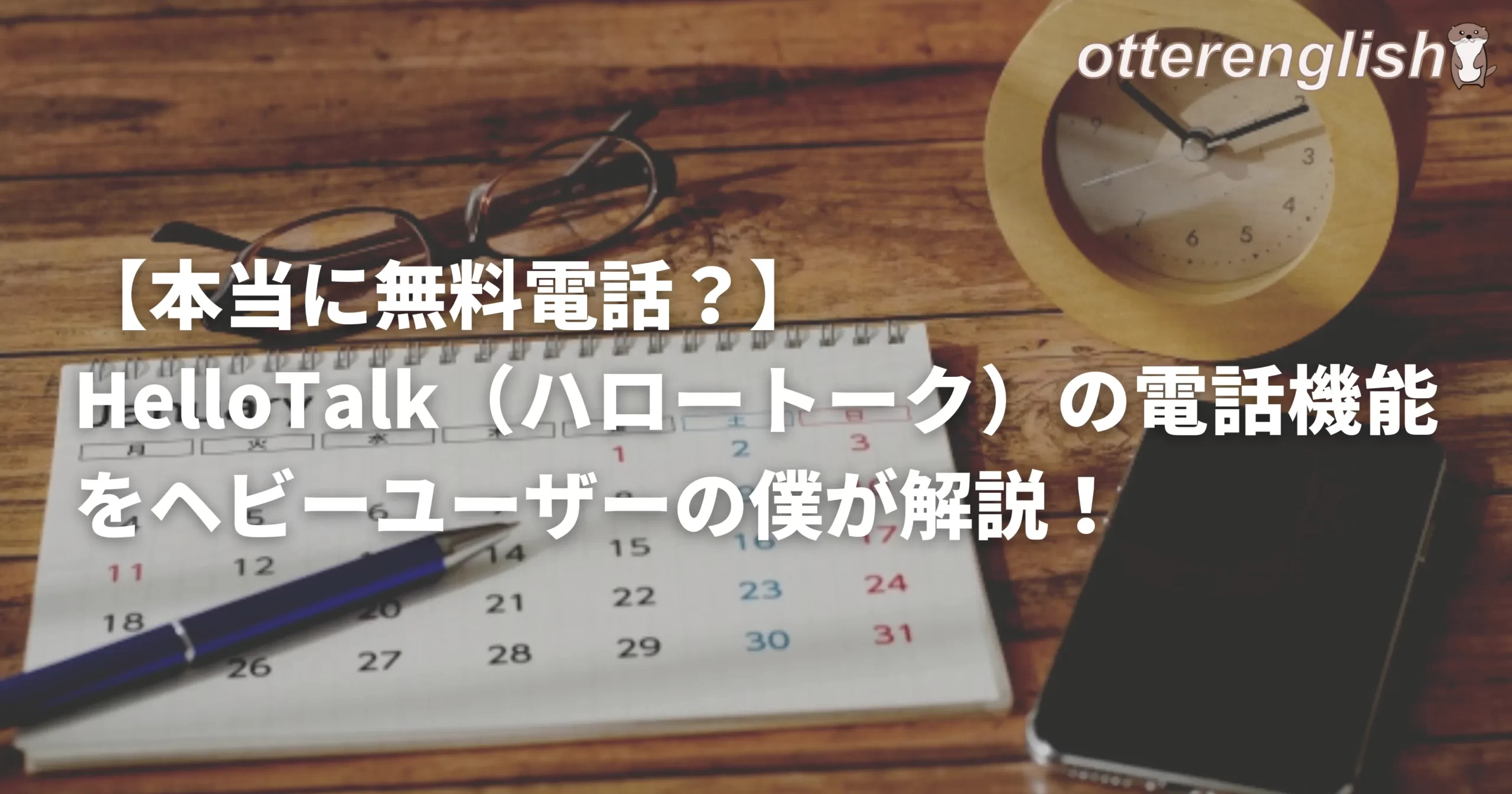ありがとうございます。= Thank you.
Hiragana:ありがとうございます。
Romanized:Arigatōgozaimasu.
This is a very basic phrase to say “Thank you” in Japanese. “ありがとうございます。” is honorific and you can say to people who have higher status than you, for example, your boss.
On the other hand, a casual way to say “ありがとうございます。” is “ありがとう。”.
Try to use “ありがとう” to your friends or family instead!
ごめんなさい。 = I am sorry.
Hiragana:ごめんなさい。
Romanized:Gomen’nasai.
If you want to apologize about something to somebody in a casual way, you can say “ごめんなさい。”, or just “ごめん。”.
However, you should say “すみません。” instead, if you apologize formally.
*すみませんーSumimasen
Note that if you want to say sorry more formal way than “すみません。”, you should use “申し訳ございません。”.
*申し訳ございません。―もうしわけございません。―Mōshiwakegozaimasen.
おめでとうございます。= Congratulation.
Hiragana:おめでとうございます。
Romanized:Omedetōgozaimasu.
This is a formal way to celebrate somebody for something. For instance, pass an exam, get married, have a baby, and so forth.
In terms of a casual way to say “おめでとうございます。”, you can say “おめでとう。” instead.
Therefore, when your friend passes an exam, “おめでとう。” is better to say rather than “おめでとうございます。”.
お大事に。 = Take care.
Hiragana:おだいじに。
Romanized:Odaijini.
When it comes to this phrase, you can hear it at a hospital. If you went to see a doctor and finished it, nurses would say it when you leave a hospital.
Another use of “お大事に。” is when you find somebody feels bad and he is about to return home.
“お大事に” is short for “お大事になさってください。”.
Although “お大事に” is used both casual and formal ways, it might be a good idea to say “お大事になさってください。” to your boss or somebody.
Here, I write sentences using phrases that I explained on this page.
Example sentences
Case 1:When you say “ありがとう。” to your friends.
今日(きょう)はおごるよ。
ーKyō wa ogoru yo.
:I will treat you today.
ありがとう。
ーArigatō.
:Thank you.
Case 2: When you use “ごめんなさい。” to your boss.
Boss: 君(きみ)はもっと気(き)を付(つ)けて資料(しりょう)を確認(かくにん)するべきだったね!
ーKimi wa motto kiwotsukete shiryō o kakunin surubekidatta ne!
:You should have checked the document more carefully!
We’re all done with this event now. See you again.
申(もう)し訳(わけ)ございません。
ーMōshiwakegozaimasen.
:I am sorry.
Case 3: When you use “おめでとうございます。” to your friend who has just passed the exam.
試験合格(しけんごうかく)おめでとう!
ーShiken gōkaku omedetō!
:Congratulations on passing your exam!
ありがとう。
ーArigatō
:Thank you.
I introduced some basic phrases that you can use in some situations.
When you meet Japanese people, try to use these phrases depends on the situation!
Thank you for reading my article, and I am sorry if you find some mistakes.
When it comes to finding unclear expressions on this page, just reach me by Twitter or Instagram.
Like if you like this article!
